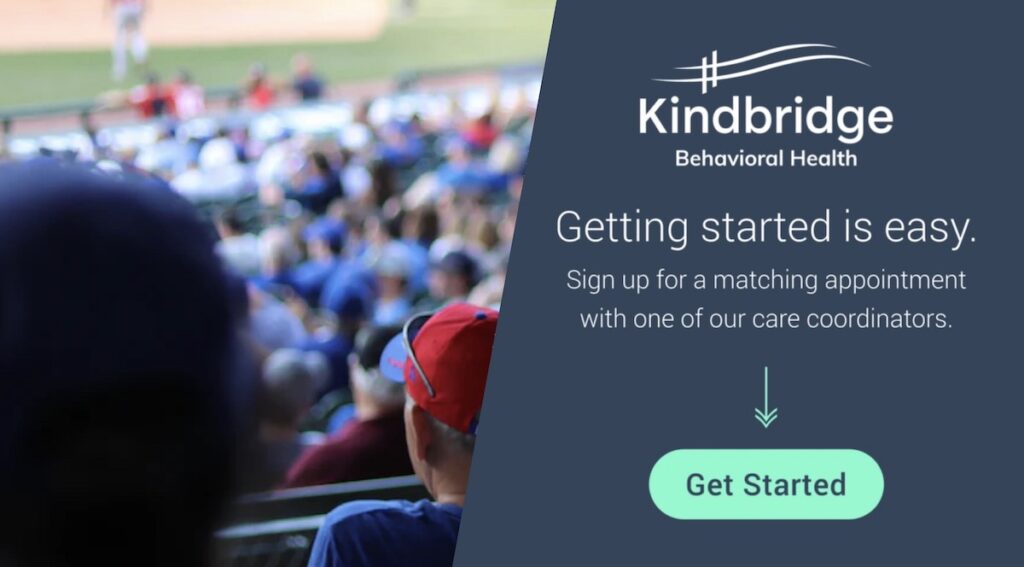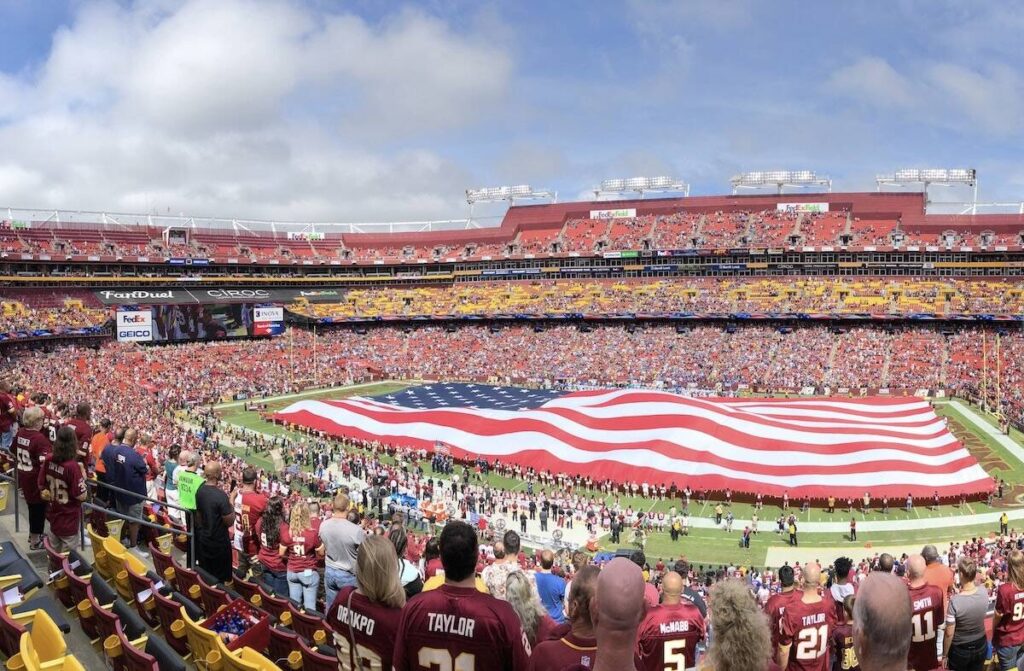Let’s be clear; casino gaming and sports betting are both forms of gambling. Players place wagers in the hopes of a financial windfall, and both have a statistical probability against them winning. However, there’s a misconception that betting on sports is more of a fun activity that runs adjacent to being a fan and supporter of sports, leagues, teams, and elite athletes. Meanwhile, casino gaming feels more fringe, a guilty pleasure with gamblers knowing that they probably shouldn’t be doing what they’re doing. This perceived delineation is dangerous, as it has made America let its guard down while sportsbook operators grow their player base to epic proportions. According to the National Council on Problem Gambling (NCPG) the country’s percentage of sports bettors has jumped from about 15% to 25% since the activity became legal in 2018. Nearly 65 million Americans now bet on sports, and this doesn’t count those who do so in unregulated environments.
As the fastest growing platform for problem gambling treatment in the USA, Kindbridge is shining a spotlight on the fallacy that America’s latest pastime is not as threatening as an “addiction” to slots and table games. In the head-to-head matchup of sports betting vs casino gaming, America has the most to lose.
5 Reasons Why Sports Betting is at Least as Dangerous as Casino Gaming (maybe more so?) in Contributing to America’s Gambling Problem
America’s Love Affair with Sports
Ever since Major League Baseball (MLB) was founded in 1876, and followed by the NCAA (1906), NFL (1920), and NBA (1946), America has had a deep love affair with sports. This affair has provided the country with an escape through WWI, The Great Depression, WWII, Vietnam, and every trying time beyond and between. To date, an estimated 70% of Americans identify as sports fans. As soon as the lock on sports betting was removed in 2018, a large number of them made their first regulated bets. Consequently, the gateway to gambling for fans via sports is paved with a very wide lane.
False Sense of Skill in Winning
Ask gamblers what the biggest difference between sports betting and casino gaming is, and they’ll probably tell you that there is more knowledge and skill involved in the former. As a result, they believe that they are more likely to win and be successful as sports bettors versus someone who leaves it all up to chance in the casino.
They are lying to themselves.
Of course, the odds of winning an outright bet on a “team versus team” matchup are indeed favorable when there is a clear favorite and a clear underdog. Theoretically, if a sports bettor always bet on a win/lose outcome (aka a moneyline wager) and only wagered on the favorite, they would come out on top. Unfortunately, sports bettors don’t take the easy route. Instead they consistently choose the path that has a higher likelihood of losing.
Why would they ever do this?
Experimental investigations have shown that sports betting incentives encourage gamblers to select significantly longer odds. Logically, longer odds have far greater paydays. The concepts of point spreads and more (potentially) lucrative parlays were created by sports betting operators as a means to hedge their risk while enticing bettors with the opportunity to win big. Sports bettors dependably place point spread and parlay wagers, and invariably lose over the long haul. The house, or sportsbook, always wins.
Some Americans Don’t Think it’s Gambling
The greatest trick the Devil ever pulled was convincing the world he didn’t exist. This Usual Suspects quote can be applied to the delusion that sports betting and casino gambling aren’t the same thing when it comes to mental health risk.
In nearly every U.S. state, hundreds to thousands of people per month go online to ask Google if sports betting and gambling are the same thing. Below is one example of a search expression that people use in New York:

Source: Google Keyword Research Tool
What prompts these personal investigations? Are habitual sports bettors trying to rationalize their behavior by verifying that what they are doing is not as dangerous as traditional (i.e. casino) gambling? We can assure you that sports betting is gambling, no matter how operators attempt to disguise it as a fun activity partaken by supporters of America’s favorite leagues, teams, and athletes.
Mass Marketed Everywhere
Celebrity brand ambassadors such as Jamie Foxx, Kevin Hart, Kevin Garnet, Wayne Gretzky, Tony Hawk, Rob Gronkowski are all over America’s TVs and devices during televised and streamed NFL, NBA, MLB, NHL, and NCAA (etc.) games. Untethered sports betting advertising and its influencers are flooding living rooms, sports bars, billboards, and handheld screens with offers that infer little to no risk. Casino promotions don’t get anywhere near the amount of exposure that sports betting advertising does in the USA. Triggers to wager on sports are everywhere, which is a big problem for those who are most vulnerable to gambling disorder.
More Attractive to America’s Youth
This is the biggest concern of them all, because it directly impacts the future of mental health in the county for generations to come. Our nation’s most vulnerable youth are being recruited to become compulsive gamblers through the gateway of sports betting. Data shows that America already has a teenage gambling problem, and it’s been being buttressed by sports betting advertising regulation that has more loopholes to lose than a parlay wager. Who do you think the aforementioned celebrity influencers, including the star of the Disney Channel’s High School Musical, are ultimately appealing to?
Things are even more dire when you consider access to unregulated sports betting. Teenagers are lured into the lifestyle by regulated sportsbook marketing, then find avenues to make wagers in unregulated markets who don’t necessarily verify age:
“The NCAA’s findings further demonstrate the continued pervasiveness of illegal sports betting, and the problems associated with it […] Offshore sportsbooks, faux fantasy/sweepstakes companies and corner bookies continue to prey on vulnerable populations, offering ways to gamble on sports to those who shouldn’t. Illegal operators do not care about age or identity verification”
CBS Report: NCAA Survey Suggests Widespread Teen Sports-Gambling Problem
Is Sports Betting a Problem in Your Life?
CALL +1 (877) 426-4258
OR
Email [email protected]


